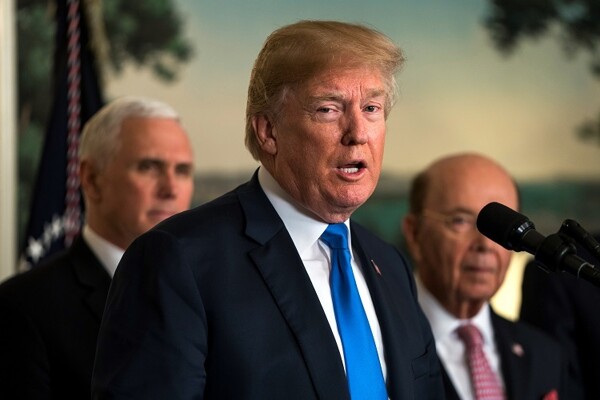
At the World Economic Forum in Davos 2025, Richard Teng, CEO of Binance, presented significant figures revealing the impact of cryptocurrencies on global remittances. According to Teng, Binance users saved a total of $1.75 billion in remittance costs between 2022 and 2024, thanks to crypto transfers made on the platform.
During 2024, international user-to-user remittances on Binance averaged $470 per transaction. In the same year, over 500,000 women users of Binance sent more than $4 billion in domestic and international remittances, highlighting the growing impact of cryptocurrencies on financial inclusion.
Richard Teng emphasized in Davos that cryptocurrencies offer a low-cost or even no-cost alternative for migrant workers to send money home, without waiting days for the money to arrive. The CEO highlighted that international remittances tend to be expensive, and this new method of transferring money is changing the traditional dynamics of sending money.
Despite regulatory challenges, the exponential growth of cryptocurrencies as an efficient and accessible option to traditional banking is evident. In 2024, transfers through Binance reached $26 billion, highlighting the increasing adoption of this technology.
Binance Pay, a tool that enables instant crypto transactions with no fees, has been fundamental in facilitating these savings. With transactions exceeding $26 billion, Binance Pay has positioned itself as a platform providing an accessible alternative for millions of people, especially migrant workers.
Remittances are a vital part of the global economy, serving as a crucial source of income for families in developing countries. In 2024, the global remittance volume reached $820 billion and is projected to surpass $913 billion in 2025. Platforms like Binance continue to transform the way international transactions are conducted.
The future of crypto remittances promises to be a turning point in the financial industry. Cryptocurrencies offer a disruptive solution by significantly reducing transfer fees, bringing remittances to minimal costs. Despite regulatory evolution, the opportunity to establish clear legal frameworks to promote the responsible use of cryptocurrencies appears to be a step towards global financial innovation.
In this context, Binance, with its mission to "increase the freedom of money," stands out not only as a leading exchange but also as an agent of innovation in the global economy. Its role in facilitating financial empowerment on a global scale through low-cost and high-speed transfers is crucial for the mass adoption of this transformative technology.













